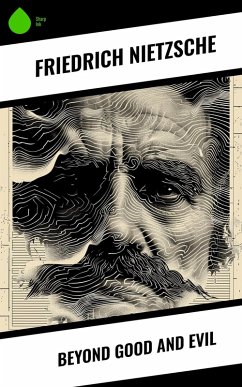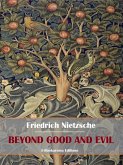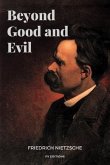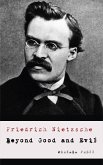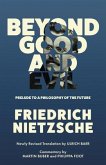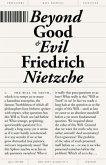In "Beyond Good and Evil," Friedrich Nietzsche critiques traditional moral philosophies, challenging the binary categorization of good and evil that has dominated Western thought. Through a provocative and aphoristic style, Nietzsche employs bold rhetoric and incisive observations, weaving together notions of power, truth, and moral relativism. This work serves as a philosophical foundation for his later ideas, articulating a vision of morality that transcends the simplistic understandings of his predecessors, such as Immanuel Kant. Set within the context of late 19th-century Europe, where dogmatic adherence to religious and moral absolutes was being questioned, this text invites readers to explore the fluidity of values in a world lacking inherent meaning. Friedrich Nietzsche, a German philosopher known for his iconoclastic approach, was profoundly influenced by his experiences in a rapidly changing society marked by industrialization and secularization. His own struggles with health and personal isolation shaped his views on the individual's role in defining moral meaning. With "Beyond Good and Evil," Nietzsche sought to propose a radical reevaluation of values, encouraging self-overcoming and the pursuit of individual authenticity against societal norms. Recommended for readers seeking to engage deeply with philosophical discourse, this seminal work provokes critical reflection on one's own beliefs and values. Nietzsche's insights into morality and power dynamics resonate with contemporary debates, making this text indispensable for anyone wishing to explore the complexities of ethics and the character of human existence.
Dieser Download kann aus rechtlichen Gründen nur mit Rechnungsadresse in A, B, BG, CY, CZ, D, DK, EW, FIN, F, GR, HR, H, IRL, I, LT, L, LR, M, NL, PL, P, R, S, SLO, SK ausgeliefert werden.

